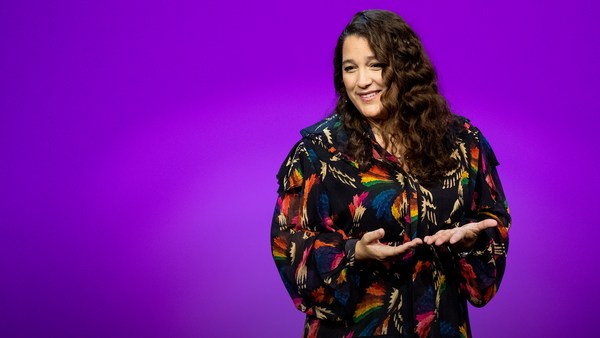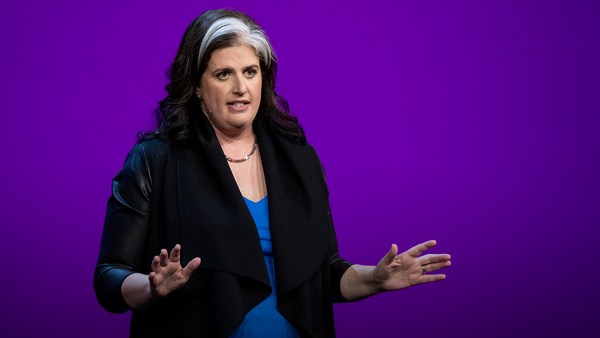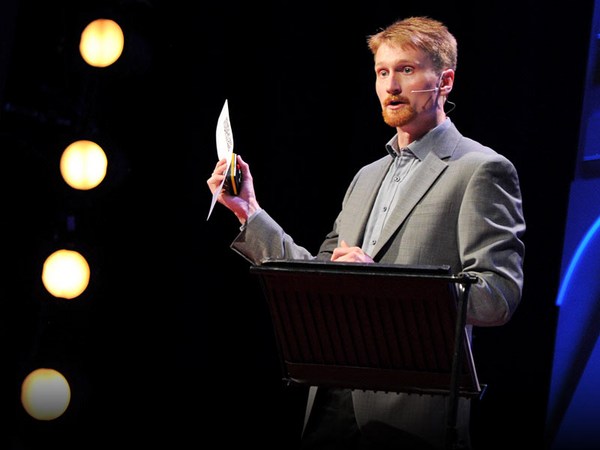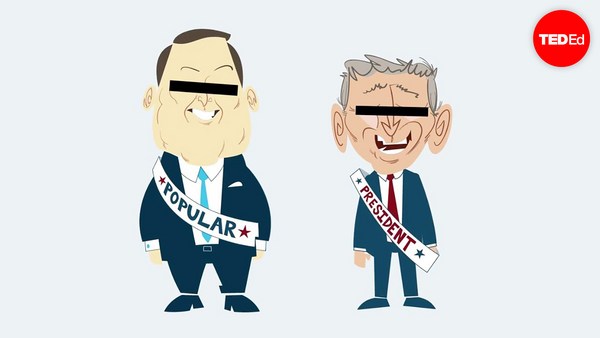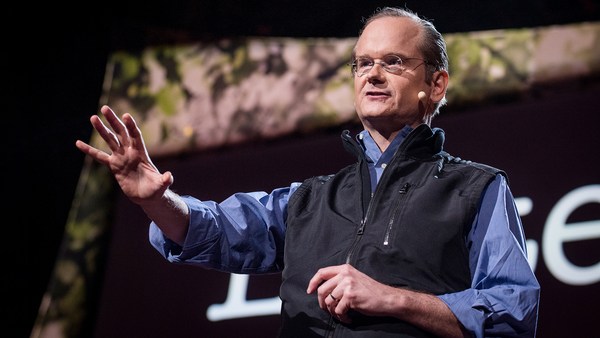It's dark days for democracy. And our crisis is global. If you're like me, you can feel it in your bones. My expertise focuses on democracy in the United States, where I live and work. And while we've long lifted up our own system on a pedestal as an example for the world, we're one of those democracies that's currently in a yearslong decline.
So much of the conversation in the media and among experts is about our broken two-party system. Democrats vs. Republicans. And so much of the conversation about voting is about the outcomes: the winners and the losers. These are the wrong conversations if we want to tackle the threat to US democracy today. Because we have a much more fundamental challenge, and it’s quickly growing.
The United States election infrastructure is crumbling. By infrastructure, I mean the technology, the physical infrastructure, like facilities, and most importantly, the human infrastructure, the people who manage the US voting process. Election infrastructure is so essential that it's been designated critical infrastructure by the US Department of Homeland Security. That puts it on par with systems like our power grid and water supply in the eyes of the federal government. But they haven't invested in it like it's critical. The average portion of a county budget spent on election operations is about half of one percent. To put that into context, we spend about the same amount to maintain parking facilities as we do our election system.
If we zoom out a little bit, the US election system is actually pretty unique by global standards. Unlike some other places, we have no central election authority that's responsible for managing the logistics of voting for our entire country. Instead, we have thousands and thousands of local departments that each have some independent mix for figuring out how to make voting work where they live. These departments are staffed by professional election officials with support from volunteer poll workers during peak election season. So with no government-run how-to for how to administer elections, we end up seeing widely different voting experiences throughout the US, where voting can legitimately work one way in one community and look totally different somewhere else. For over a decade, my work has focused on providing technology and training and other resources to state and local election officials to support them in their work serving voters. In my current role, that has looked like working with election departments in every corner of the country, that together serve about 75 percent of our eligible voters. This has given me a really unique window into what it actually takes these public servants on the front lines to do things like keep voter rolls up to date and quickly and accurately count ballots and inform their communities about how the process works.
This year-round work is hard. And it's often super thankless. And the last two years have been some of the worst. Election officials who serve millions of voters currently lack the basic technology that they need to reliably do their work. It either doesn’t exist, or it’s shockingly outdated. In the year 2020, we supported a small New England town replace their hand crank ballot box that they had been using since the early 1900s to count ballots. One was literally held together by duct tape. Even worse, the people that underpin our voting process, the election officials, are currently under attack. In exchange for being outspoken about the integrity of the process that they managed in 2020, which, by the way, turned out to be our highest turnout election in the US in over a century and the most secure election ever administered in our history, according to our national security community --
(Applause)
In exchange for the grit and determination that it took to make that possible during a global pandemic, today, election officials are receiving death threats, their children are being bullied, and some have had to flee their homes. A recent survey shows that one in three election officials, one in three, currently feel unsafe doing their work. It's appalling. And enough is enough.
We are at a tipping point for US democracy and frankly, democracy globally. I don't know about you, but I personally don't feel comfortable just standing around, leaving things to chance. And I especially don't feel comfortable standing by, asking election officials to keep figuring out how to make it work alone, while our system is getting pushed to its brink. We need to rally around a set of shared values and standards, a North Star, so that every single voter, regardless of their zip code, has access to a process that's both fair and trustworthy. Election officials need a place where they can come together to keep their skills fresh so that they're ready to tackle whatever challenges might come, whether it's training to bolster cybersecurity or to combat disinformation or to help them keep voters safe during a pandemic. And every election department, rural, urban, large, small, needs access to 21st century secure technology so that every single community has access to the basics. Like, a website where voters can find out answers about how voting works where they live. Or data-driven tools that election officials can use to make sure that we don't have lines that snake around city blocks outside of polling places.
Last summer, I was at my first conference since the start of the pandemic, and I was going up the escalator and I locked eyes with this election official who I absolutely adore. Let's call her Sarah. I ran and I gave Sarah a huge hug, and I realized that probably 60 seconds passed before we let go. And when we did, I was crying and so was Sarah. Sarah's life got flipped totally upside down after the 2020 election, when a vicious conspiracy theory about her office went viral. Almost immediately, the death threats started to roll in, and they were unrelenting and they were very specific about the harm that they wished upon Sarah and her husband and their children. And still, Sarah never backed down from telling the truth about the process that she led. In that moment, I was so overwhelmed with gratitude and love and admiration for Sarah that I couldn't help the tears. But I think if I'm being super, super honest, I was just so happy that my friend was still here to hug.
Election officials deserve a warm, welcoming community where their hard work is celebrated and encouraged, not vilified. And all of this is exactly why I'm so excited that we are inviting every single election department in the United States to join the US Alliance for Election Excellence.
(Applause)
The Alliance is a place where election officials and technologists and designers and other experts are working hand in hand to revitalize US democracy. And we're doing it by focusing on the basics, a shared North Star, the tools that it actually takes to get the job done, and a community of support that has each other's back, whatever might come. It is absolutely crucial that we rebuild the foundation of US democracy, and that's exactly what we're going to do. The Alliance is not only ready to meet this moment, we're ready to create a foundation so strong, that we can make it another 200 years. Together. Thank you.
(Applause and cheers)
